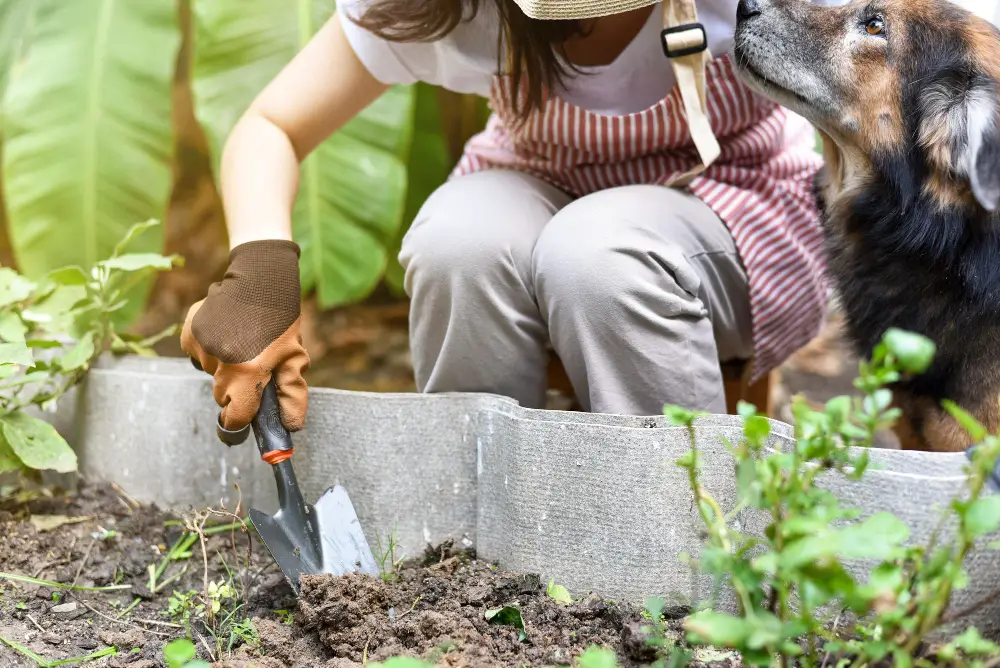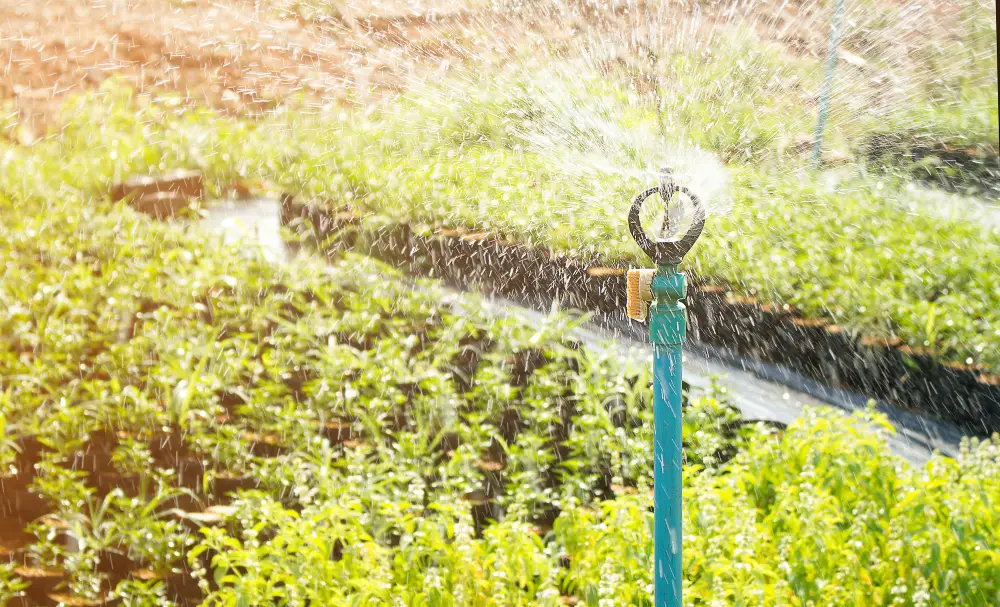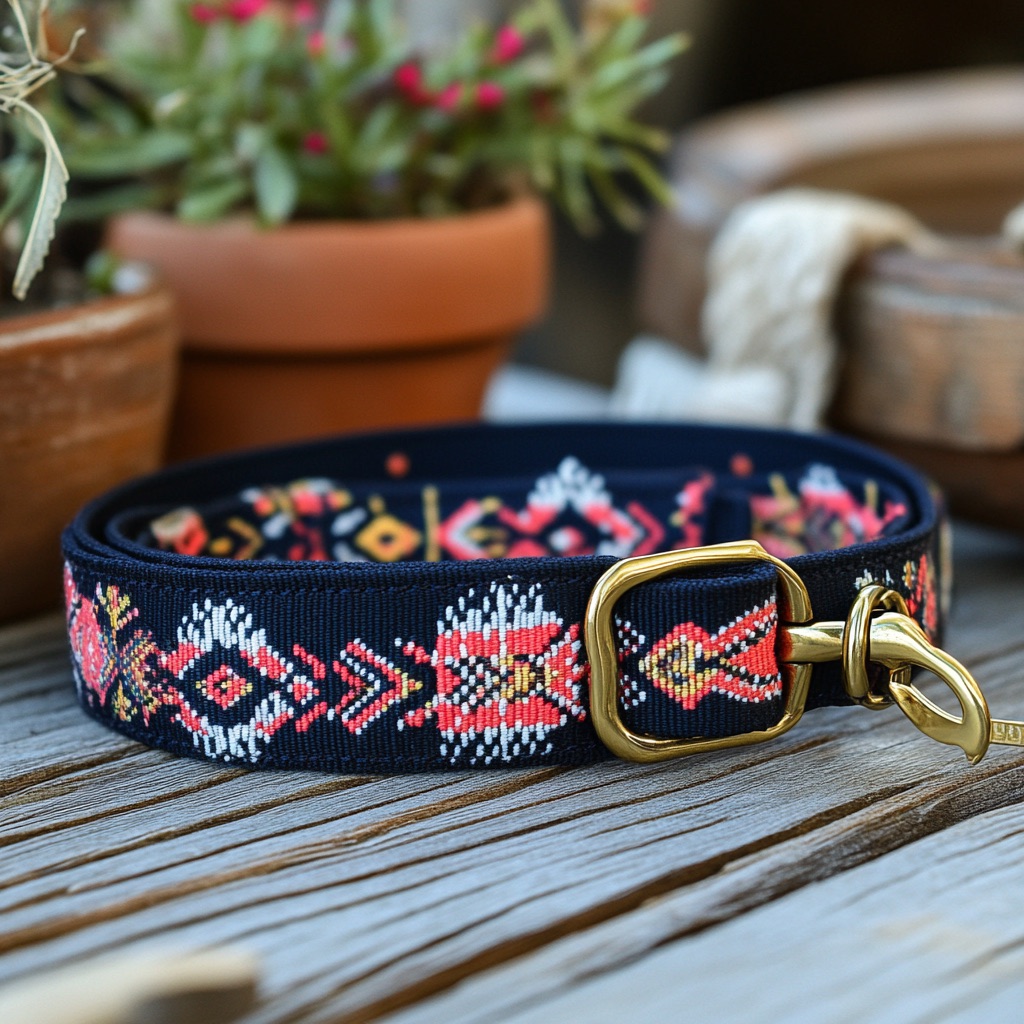Gardening is a delightful and rewarding hobby that allows you to connect with nature, beautify your surroundings, and even grow your own food. Whether you’re a seasoned green thumb or a novice just starting out, having the right tools and supplies can make all the difference in your gardening success.
In this guide, we’ll cover the top items every great gardener should have in their toolkit to ensure healthy plants, efficient work, and a flourishing garden.
Essential Hand Tools

Hand tools are the backbone of any gardener’s toolkit. A sturdy set of hand tools, including a trowel, hand fork, and pruners, will help you perform vital tasks such as planting, weeding, and pruning. Look for durable materials like stainless steel and comfortable, ergonomic handles to ensure ease of use and longevity.
Consider investing in a hori-hori knife, a versatile Japanese gardening tool. Its serrated blade can be used for digging, cutting, and measuring soil depth, making it an invaluable addition to your hand tool collection. Keep your tools clean and sharp to maintain their effectiveness and extend their lifespan.
The people behind Hpotter.com note that many online stores carry high-quality gardening tools that are both functional and aesthetically pleasing. It’s worth investing in good quality tools that will last you for many gardening seasons to come.
Quality Soil and Fertilizer
The health of your plants starts with the soil. Opt for high-quality soil that fits the specific needs of your plants, whether it’s well-draining potting mix for containers or nutrient-rich garden soil for flower beds. Knowing your soil type and amending it with organic matter, such as compost, can significantly enhance plant growth.
Fertilizers also play a critical role in providing essential nutrients to your plants. Choose a balanced, slow-release fertilizer for general garden use, and consider specialized formulas for particular plants like roses or tomatoes. Regular feeding will promote vigorous growth and bountiful harvests.
Efficient Watering Tools

Proper watering is crucial for a thriving garden. Equip yourself with efficient watering tools, such as a quality garden hose, a watering can, and a soaker hose for more consistent hydration. Investing in a hose with an adjustable nozzle will allow you to vary the water pressure to suit delicate seedlings or established plants.
Watering timers and drip irrigation systems can help automate the process, ensuring that your plants receive regular hydration even when you’re not around. Mulching around your plants can also help retain moisture and reduce the frequency of watering.
Protective Gear
Gardening can be tough on your body, so wearing the right protective gear is essential. A good pair of gardening gloves will protect your hands from thorns, rough surfaces, and chemicals. Look for gloves made from breathable, durable materials that offer a secure grip.
Sun protection is also important; a wide-brimmed hat, sunscreen, and UV-protective clothing can shield you from harmful rays during long gardening sessions. Knee pads or a kneeling pad can reduce strain on your knees when working at ground level.
Plant Supports and Trellises
Some plants require additional support to grow upright or spread out effectively. Plant supports, such as stakes, cages, and trellises, provide structure for climbing plants like beans, tomatoes, and cucumbers. These supports can prevent damage from wind and heavy fruit, promoting healthier plants and larger yields.
Choose supports that are sturdy and appropriate for the size and type of plant. Training your plants to grow on these structures can also enhance air circulation, reducing the risk of disease and making it easier to harvest.
Pest and Disease Control
Maintaining a healthy garden means keeping pests and diseases at bay. Start with preventative measures, such as crop rotation, interplanting, and encouraging beneficial insects that prey on pests. Using barriers like row covers and netting can protect vulnerable plants from common pests.
If infestations occur, consider organic and environmentally friendly solutions first. Neem oil, insecticidal soaps, and homemade remedies can effectively manage pests without harming the ecosystem.
Staying vigilant and regularly inspecting your plants can help you catch and address issues early, ensuring a healthy and productive garden. It’s also essential to properly dispose of any infected plants or debris to prevent the spread of diseases.
Having the right tools and supplies is crucial for being a successful gardener. Keep these top items in mind when stocking your gardening toolkit, and you’ll be well on your way to growing a beautiful and thriving garden.
Remember to always prioritize quality over quantity when it comes to your gardening essentials, as investing in good tools will save you time, effort, and money in the long run. With the right items and a little bit of knowledge, you can become a great gardener in no time. It’s a fulfilling and enjoyable hobby that will continue to bring you joy and satisfaction for years to come.




